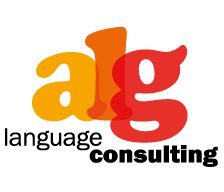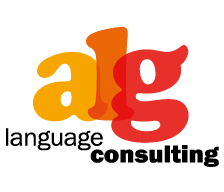Artificial Intelligence (AI) is a technology that employs tools designed to simulate human intelligence processes in its various aspects: reasoning, creativity, planning and language.
AI is bringing about a worldwide revolution in various fields, including translation.
Computer-assisted tools (CAT) and AI
Translation tools, Computer-assisted tools (CAT) have been used by professionals for some time now, but these tools have certain limits: the translation is often a literal one that does not convey the nuances of language of the source text, it may contain interpretation errors and its style does not always mirror the original.
What could be the current role and implications of AI in translation?
AI employs advanced algorithms and automatic learning models in order to translate a text. Thus, it has honed its ability to translate big volumes more quickly, in more languages and more accurately.
Through techniques of machine learning, deep learning, big data and cloud computing, AI translation software offers autocorrect functions, is able to improve the quality of the translations generated and can be used to translate documents, websites and business communications.
However, human translation excels in understanding of the context, in mirroring the original style, register and culture, and in respecting the original intention of the text. Collaboration between AI and professional translators will remain crucial to safeguard high quality translations that are coherent with the culture of the target country.
Ethics and privacy
The use of AI in translation raises ethical and privacy issues. Data sharing and access to personal information will be ethically challenging. It is absolutely essential to guarantee that the data are treated safely, respecting individual privacy.
Find out more about the services of ALG Language Consulting, highly qualified professional translators.



